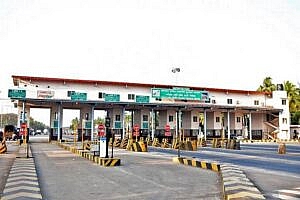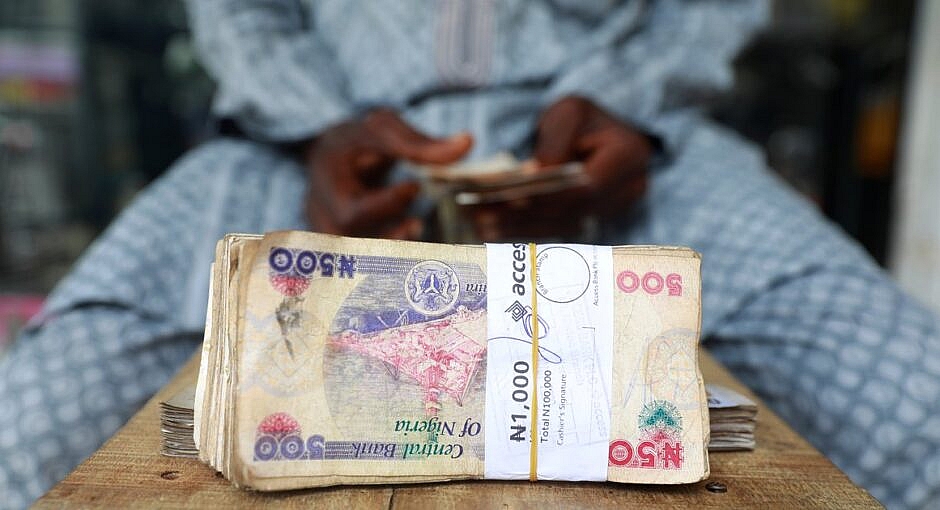The collapse in oil prices coupled with the COVID-19 pandemic is expected to plunge the Nigerian economy into a severe economic recession, the worst since the 1980s, according to the latest World Bank Nigeria Development Update (NDU).
The report, “Nigeria In Times of COVID-19: Laying Foundations for a Strong Recovery,” estimates that Nigeria’s economy would likely contract by 3.2% in 2020. This projection assumes that the spread of COVID-19 in Nigeria is contained by the third quarter of 2020. If the spread of the virus becomes more severe, the economy could contract further. Before COVID-19, the Nigerian economy was expected to grow by 2.1% in 2020, which means that the pandemic has led to a reduction in growth by more than five percentage points.
The macroeconomic impact of the COVID-19 pandemic will likely be significant, even if Nigeria manages to contain the spread of the virus. Oil represents more than 80% of Nigeria’s exports, 30% of its banking-sector credit, and 50% of the overall government revenue. With the drop in oil prices, government revenues are expected to fall from an already low 8% of GDP in 2019 to a projected 5% in 2020. This comes at a time when fiscal resources are urgently needed to contain the COVID-19 outbreak and stimulate the economy. Meanwhile, the pandemic has also led to a fall in private investment due to greater uncertainty, and is expected to reduce remittances to Nigerian households, which in recent years have been larger than the combined amount of foreign direct investment and overseas development assistance.
the number of poor Nigerians was expected to increase by about 2 million largely due to population growth, the number would now increase by 7 million
 The report shows that the human cost of COVID-19 could be high. Beyond the loss of life, the COVID-19 shock alone is projected to push about 5 million more Nigerians into poverty in 2020. While before the pandemic, the number of poor Nigerians was expected to increase by about 2 million largely due to population growth, the number would now increase by 7 million – with a poverty rate projected to rise from 40.1% in 2019 to 42.5% in 2020.
The report shows that the human cost of COVID-19 could be high. Beyond the loss of life, the COVID-19 shock alone is projected to push about 5 million more Nigerians into poverty in 2020. While before the pandemic, the number of poor Nigerians was expected to increase by about 2 million largely due to population growth, the number would now increase by 7 million – with a poverty rate projected to rise from 40.1% in 2019 to 42.5% in 2020.
Besides the assessment of the economic situation, this edition of the Nigeria Development Update discusses the impacts of the 2019 land border closure; the opportunity to promote agribusiness for food security and job creation; and options to leverage emigration, remittances, and the diaspora for development.




